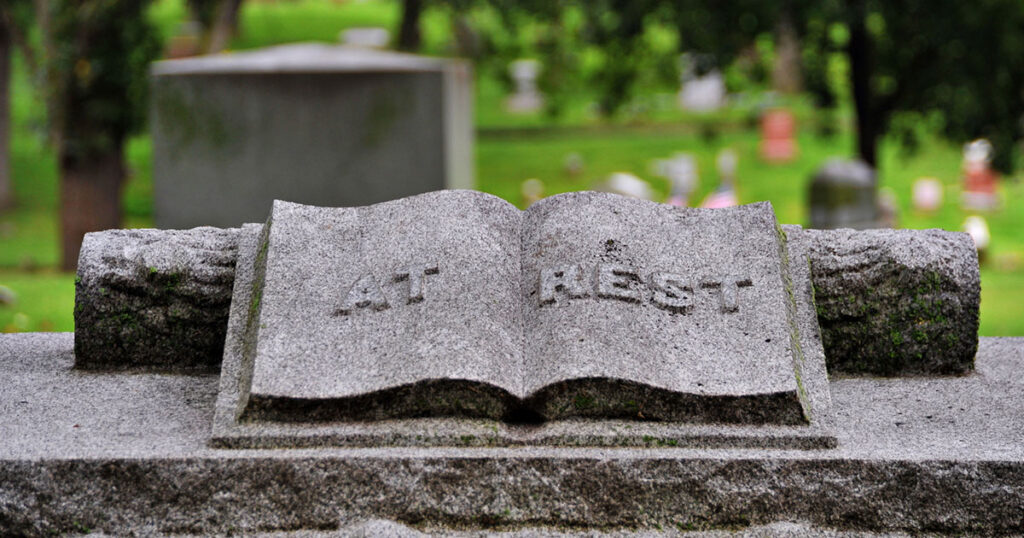
Less than a week after Nadine Gordimer was named winner of the 1991 Nobel Prize in Literature, she gave a reading at the University of Massachusetts at Amherst, and when, in the question and answer period following her reading, someone asked who she imagined as her ideal reader, Gordimer smiled and said, “Actually, no one—I always try to imagine that everything I write will be published posthumously.”
It was my good fortune to be sitting in the front row that evening, more than thrilled to listen to, and later meet, a woman I had named my favorite writer in a recent newspaper interview. The notion of not thinking about potential readers—not taking account of who might like, dislike, criticize, or dismiss what you were writing—was balm to my writer’s soul, and from that evening on, I’ve tried with mixed success to emulate Gordimer’s strategy.
Though in excellent health, I’m now 81 years old, which puts me in a demographic segment of the public that, if infected by the coronavirus, will be highly vulnerable to its lethal effects. As it happens, when I arrived at the proverbial three-score-years-and-10 a dozen years ago, I entered the most productive period of my writing life, so that I now have a number of projects in progress and near completion—among them, two novels, a nonfiction book, two screenplays, a stage play, a collection of stories, and a collection of essays. But I now wake each morning to the realization that a strategy that had long set me free, by allowing me to imagine that what I wrote would be published posthumously, had now become a reality in which there’s a good chance that what I write will be published posthumously.
And yet, more weird and chilling, we are all now faced with another and particularly cruel possibility—for some, alas, already a reality—that only posthumously will we be able, with friends and family, to have gatherings to celebrate and remember loved ones and mourn together those who pass away during the pandemic. And while others attend to whatever serious events they must attend to—or celebrate, virtually, occasions such as births, birthdays, weddings, or graduations—I have the luxury in my ninth decade of being able to muse on my mortality and the charmed life I’ve so far led.
When I was two years old, I had a ruptured appendix, and an aunt, a registered nurse who assisted in the surgery, told me that during the operation the surgical team lost my vital signs for 30 seconds. When I was 19 years old, I was diagnosed with giant follicular lymphoma, then considered the first stage of Hodgkin’s disease. I received radiation, 1,000 roentgens to each side of my neck, and 62 years later I am still, lucky me, in remission. And 21 years ago, though without any conventional symptoms or risk factors (I never smoked, my blood pressure and cholesterol levels were normal, I had no significant family history, I was swimming a mile a day, had no chest pain, etc.), two of my three major coronary arteries were 100-percent occluded, and the third, the LAD (the so-called “widow maker”), was 95-percent occluded. On February 12, 1999, my life was saved at Yale New Haven Hospital by emergency quintuple bypass surgery, and by the good counsel of four lifelong friends, all doctors, who not only got the diagnosis right when local doctors did not, but saw me through the time before and after surgery.
At the time I had a book, Transforming Madness; New Lives for People Living with Mental Illness, scheduled for publication, and I recall, early on the morning of the surgery, joking that I hoped the book would not have to be published posthumously. I also recall my daughter Miriam, who, with her fiancé, had driven through the night from Washington, D. C., and arrived an hour or so before the surgery, saying that she was counting on me to be able to dance with her at her wedding.
In April 1999, two months after the surgery, I had a publication party for Transforming Madness. On the evening of October 30, 1999, I danced with Miriam at her wedding, and the hope here is that others might be as fortunate and blessed as I’ve been—that others will, with decreasing frequency, suffer those losses that are making far too many moments—joyous, sad, troubling, and tragic—into those that must take place posthumously, without the loving presence and comfort of family and friends.

